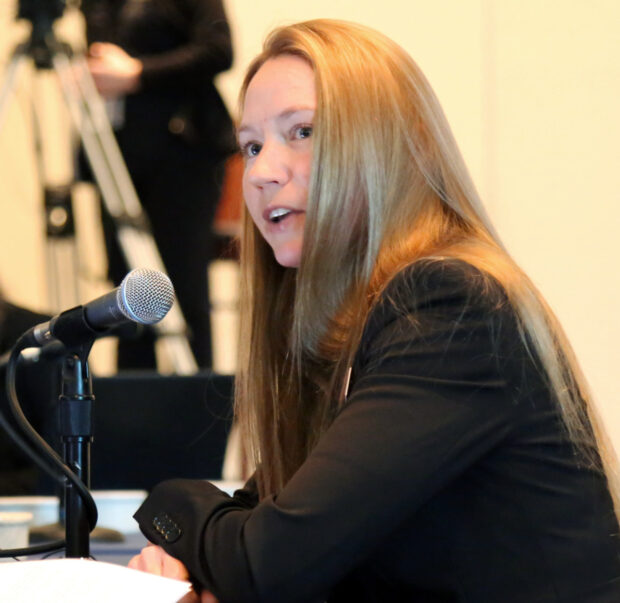The Idaho Public Charter School Commission will leave in place letters of financial concern that apply to four charter schools.
The four schools are Blackfoot Charter Community Learning Center, Bingham Academy, Syringa Mountain School and The Village Charter School.
Although the commission’s staff expressed concern that the four schools “cannot remain fiscally sound for the remainder of its certificate term,” the commission will not take additional steps to intervene.
The financial concern letters add one small layer of protection for taxpayers. They modify the state’s payment schedule. Typically, state payments are frontloaded toward the beginning of the school year. These four schools will instead receive equal payments throughout the school year — so that if a school closes midyear, the state would not have already sent out the vast majority of funding for the year.

Director Tamara Baysinger told commissioners Thursday that they do not have the legal authority to close schools — or revoke charters — based on financial concerns during the middle of a term. In fact, Baysinger said the commission could only act on charters once every five years, when they come up for renewal.
A charter’s local board, however, could opt to relinquish its charter or close for financial reasons.
Later in the meeting, Baysinger urged the commission to set aside a recommendation from the National Association of Charter School Authorizers to “establish a clear revocation policy and process to ensure that schools can be held accountable to performance expectations in a timely manner.”
State law does not allow the commission to establish mid-term revocation procedures that aren’t tied to written conditions that were in place when a charter was renewed, Baysinger said.
Most of the charters facing financial crisis have been in the news recently.
Over the past year, an Idaho Education News investigation has uncovered financial irregularities at Bingham Charter Academy and Blackfoot Charter Community Learning Center.
In May, Idaho Public Charter School Commission Chairman Alan Reed wrote to Bingham County Prosecutor Paul Rodgers saying he was concerned that Blackfoot charter Administrator Fred Ball may have violated Idaho’s bribery and corrupt influence laws. Ball has announced his intention to retire this month.
Additionally, on June 25, the Bingham County Planning and Zoning Commission is expected to rule on a conditional use permit governing the facilities Blackfoot and Bingham charter schools use. When asked Thursday whether the schools had a plan for dealing with a loss of facilities, Blackfoot Board Chair Candra Risa told the commission that the school has appointed a transition committee but does not yet have a plan in place.
Steven Bailey, Blackfoot charter’s new business manager, told commissioners he is optimistic about the school’s revenue picture. Additionally, he said the board adopted a 2019-20 budget that will create a 5 percent reserve fund for the first time.
The Village Charter School has also been in the news for facing potential closure due to financial concerns. Baysinger said Thursday that the Village’s financial woes could be worse than initially feared. Rather than facing a $400,000 shortfall for the current year, Baysinger said the school faces a potential $600,000 shortfall. In response, The Village is seeking an $800,000 loan from its existing bondholder to meet cashflow and get out of the situation, Baysinger said. Securing a loan could provide immediate relief but would also saddle the school with more debt.
Baysinger said she has talked to The Village officials about the longterm taxpayer cost of taking on debt to cover cashflow.
“The concern is this does seem to represent another in a long series of expensive responses,” Baysinger said.
